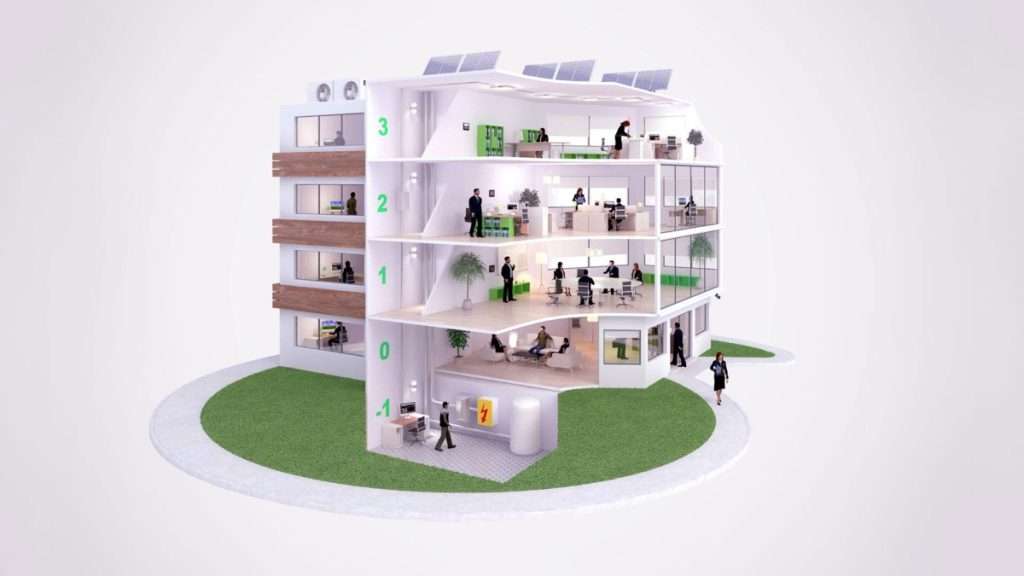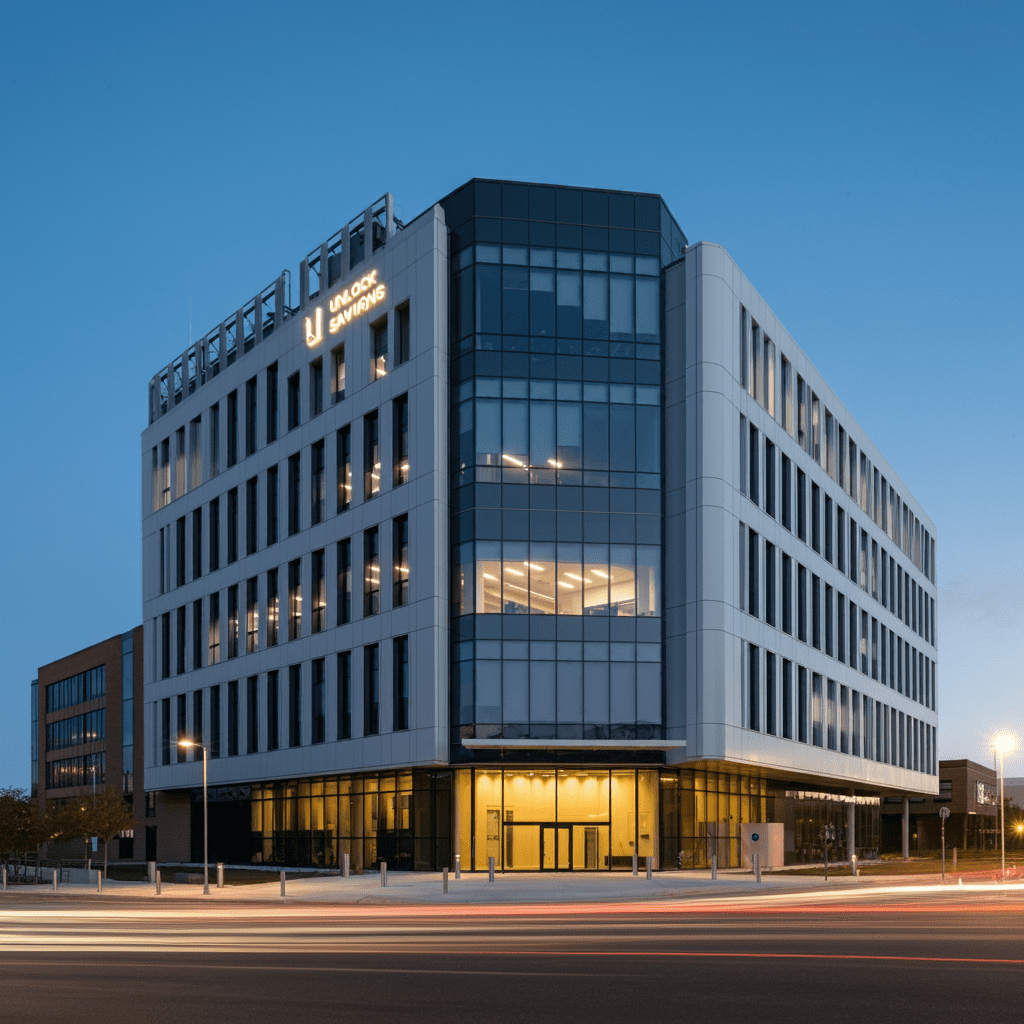How Building Management System Reduces Energy Consumption in Commercial Buildings
Today, reducing energy consumption is a key priority in commercial buildings to lower energy and operational costs and meet sustainability goals.
Building Management System (BMS) is an effective solution that helps commercial property managers monitor, control, and reduce energy usage.
Here’s how a BMS helps reduce energy consumption in commercial buildings, ensuring both cost and energy efficiency.

8 Key Ways Building Management System(BMS) Saves Energy
➤Centralised Control of Energy Systems
BMS provides a centralised platform to manage critical building systems like heating, ventilation, air conditioning (HVAC), lighting, security, etc. By integrating these systems, facility managers can streamline operations, preventing unnecessary energy consumption across different areas of the building.
➤Real-Time Energy Monitoring
One of the greatest strengths of a Building Management System is its ability to provide real-time monitoring of energy use. This allows facility managers to identify energy-draining equipment, track anomalies, and make immediate adjustments. For example, if the HVAC system is working harder than needed during non-peak hours, managers can reprogram the system for efficiency.
➤Optimised HVAC Systems
HVAC systems are responsible for a large portion of energy use in commercial buildings. A BMS optimises HVAC operations by:
- Adjusting settings based on occupancy levels, reducing heating or cooling in unoccupied areas.
- Monitoring external temperatures to adjust the indoor climate automatically.
- Scheduling HVAC operations during off-peak energy times to save on energy bills
- Through these strategies, HVAC systems can deliver comfort while consuming less energy.
➤Automated Lighting Control
Lighting is another major energy consumer in commercial buildings. A Building Management System can help by:
- Integrating occupancy sensors to turn lights off in unused areas.
- Using daylight harvesting, adjusting indoor lighting based on the amount of natural light entering the building.
By automating lighting systems, BMS ensures that energy is only used when and where it’s needed, reducing waste significantly.
➤Demand Response Participation
A BMS allows buildings to participate in demand response programs, where energy usage is reduced during peak demand periods.
The system automatically reduces non-essential energy loads during these times, allowing the building to save costs while supporting the wider energy grid.
➤Energy Usage Analytics
With continuous data collection, a BMS provides valuable energy usage analytics, giving facility managers insights into consumption patterns. This information can be used to:
- Identify inefficient equipment.
- Adjust schedules for peak energy performance.
- Plan for energy-efficient upgrades.
This data-driven approach ensures that energy-saving opportunities are not overlooked.
➤Fault Detection and Diagnostics
A BMS can perform automated fault detection, alerting facility managers to potential problems before they lead to excessive energy waste. For instance, a malfunctioning HVAC system or lighting fixture can be fixed promptly, preventing further energy drain.
➤Renewable Energy Integration
For buildings with renewable energy sources like solar panels, a BMS ensures the system works in tandem with traditional energy sources. This helps reduce the building’s reliance on the grid while maximizing the use of sustainable energy.

Conclusion
In summary, Building Management Systems (BMS) is an effective solution that significantly helps reduce energy consumption while enhancing operational efficiency in commercial buildings.
Beyond cost savings, BMS plays a vital role in promoting sustainability. It empowers building owners to adopt greener practices by reducing energy waste and contributing to a more sustainable future.
Looking ahead, the continuous advancement of BMS technology will further enhance energy efficiency in buildings. Staying informed about these innovations is crucial for maintaining sustainable, high-performing building operations.
Interested in learning how your building can benefit from a Building Management System? Contact FrontHill to explore our energy management solutions and start saving on energy costs.
Learn more about our energy management solutions and Discover how our Building Management System solution can improve your building’s efficiency.

